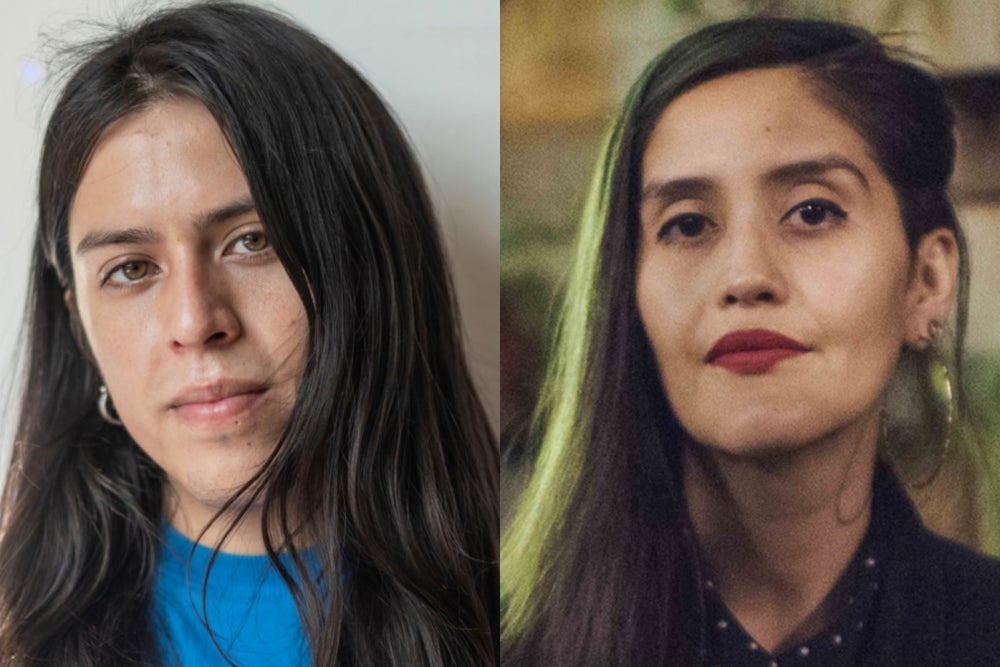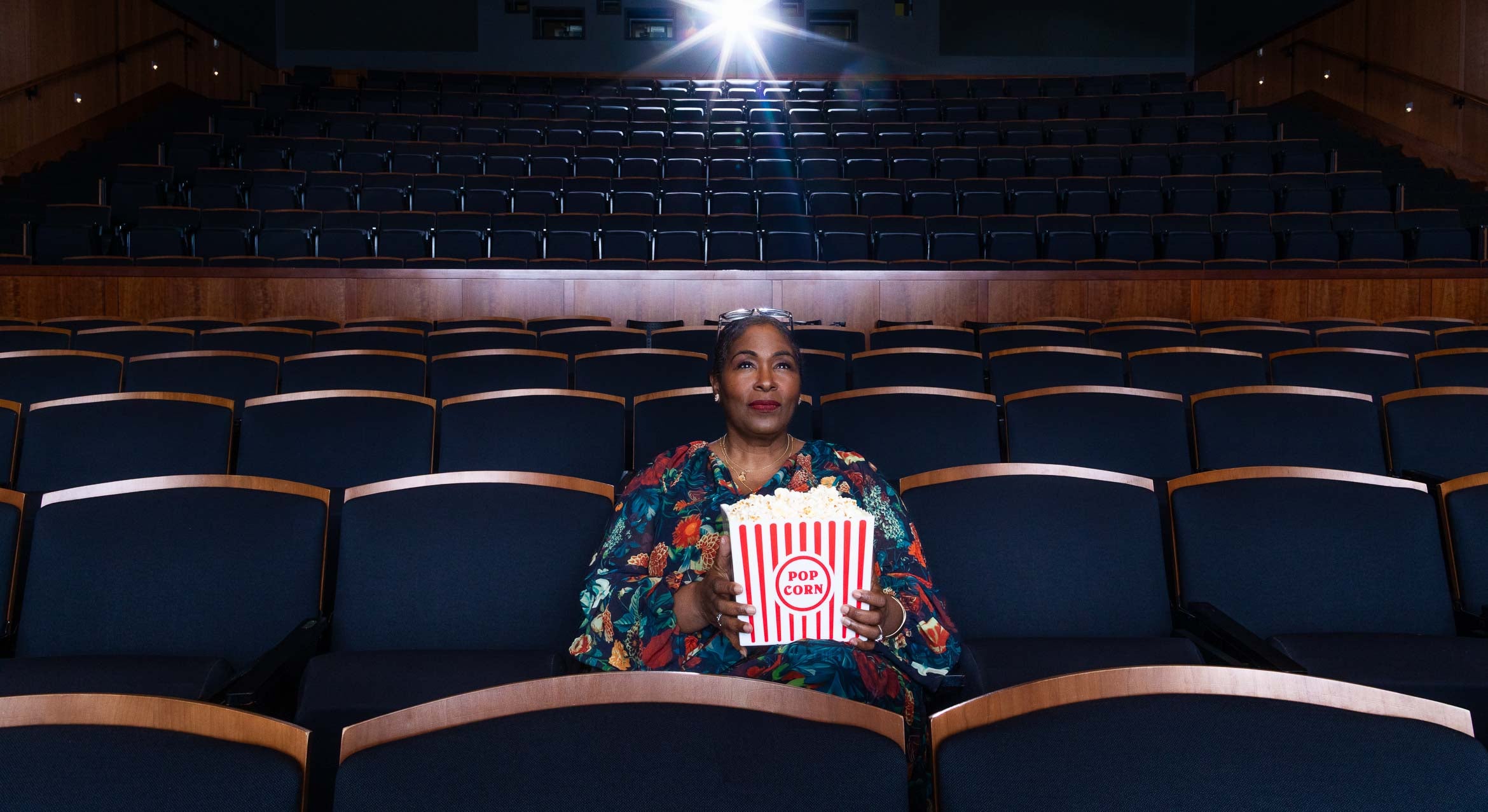
The story of Chile’s Indigenous Mapuche has always been one of struggle to maintain their culture and identity — from the earliest days of colonial contact in the 16th century to the present.
Two Mapuche artists —Seba Calfuqueo and Daniela Catrileo — will bring their distinctive voices to UC Santa Barbara for a poetry recital and conversation Tuesday, May 3, from 3:30 to 4:45 p.m. “Decolonial Mapuche Poetics” is already full, but it will be available on Zoom, meeting ID 884 8468 1860, passcode GS2022.
The event will be moderated by Myriam Gonzales-Smith, a lecturer in UCSB’s Department of Spanish and Portuguese, and Allison Ramay, an associate professor of literature at Pontificia Universidad Católica de Chile.
“This is a one-of-a-kind event because both Mapuche artists use poetry and art to challenge stereotypes that maintain Indigenous and non-Indigenous identities in binary opposition to each other by emphasizing intersectionality and trans-hemispheric connections,” said Ramay. “Catrileo and Calfuqueo are crucial actors in the feminist and sexual dissidence movements in Chile and their work reverberates across the globe, and especially across Abiayala, also known as ‘Continent of Life’ in the language of the Kuna peoples. With their virtual presence at UCSB, students are encouraged to be part of this sweeping change around the world.”
Catrileo is a poet, activist, performance artist and philosophy teacher. The author of several books, she has received numerous literary awards. Calfuqueo is a visual and performance artist whose work explores the similarities as well as the differences between indigenous and non-indigenous ways of seeing the world. Both are founding members of the Mapuche Collective Rangiñtulewfü (between rivers) and Yene Revista , a magazine dedicated to decolonial indigenous writings across Abya-Yala, Indigenous lands in the Americas.
The event is presented by Department of Spanish and Portuguese, the Robert and Liisa Erickson Presidential Chair in English, the Global Latinidades Project, the Latin American and Iberian Studies program, and the Comparative Literature program.



